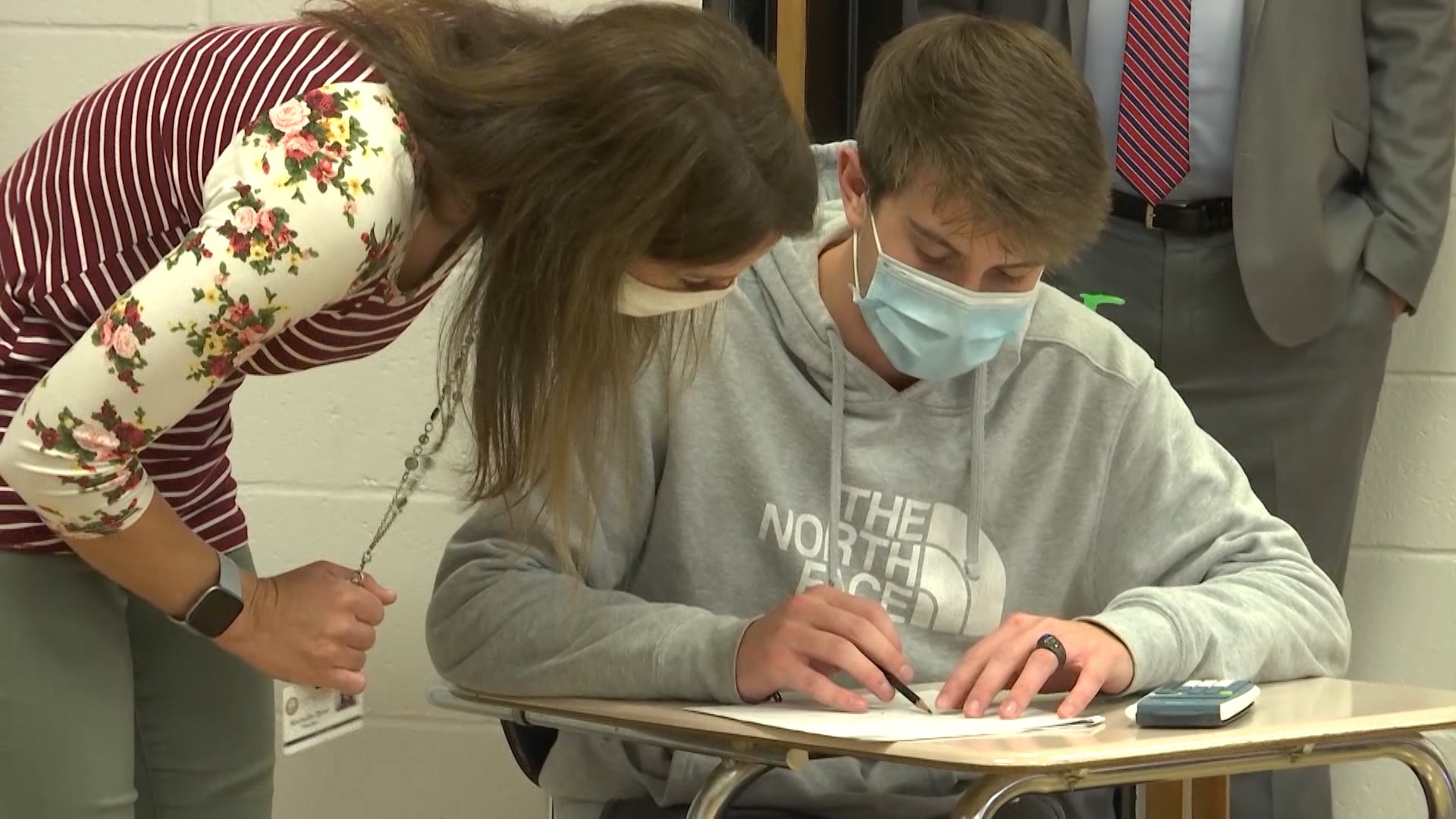HUNTSVILLE, Ala. — Governor Kay Ivey and the Alabama Department of Public Health (ADPH) announced Friday starting February 8, ADPH will extend eligibility for COVID-19 vaccinations to include people 65 or older, and additional groups of frontline workers.
Frontline critical workers listed in the plan are as follows:
- First responders
- Corrections officers
- Food and agriculture workers
- U.S. Postal Service workers
- Manufacturing workers
- Grocery store workers
- Public transit workers
- People who work in the education sector (teachers, support staff, community college and higher education)
Childcare workers - Judiciary (including but not limited to) circuit judges, district judges and district attorneys
As of today, 148,549 doses of the Pfizer vaccine and 175,326 doses of the Moderna vaccine have been given out to first responders, residents and staff of Alabama’s nursing homes and individuals 75 and older. A total of 772,275 vaccines have been delivered to Alabama, meaning that 42 percent of what has already been delivered to the state have been administered.
The Centers for Disease Control and Prevention (CDC) has a plethora of information on how to protect yourself and other from the coronavirus.
The virus can easily spread from person to person, so the CDC recommends you stay at least 6-feet apart from people not in your household. The virus is spread through respiratory droplets that are produced when an infected person coughs, sneezes, breaths or talks, according to the CDC. Because of this, the CDC recommends you wear a cloth facemask when around others and in public.
Additionally, the CDC recommends that you frequently wash your hands with soap and water for at least 20 seconds.
Symptoms to look out for include fever or chills, cough, shortness of breath or difficulty breathing, fatigue, muscle or body aches, headache, new loss of taste or smell, a sore throat, congestion or runny nose, nausea or vomiting and diarrhea, according to the CDC.
Click here to find more COVID-19 information from the CDC.
If you suspect you have the coronavirus, you should seek out testing and self-quarantine.

